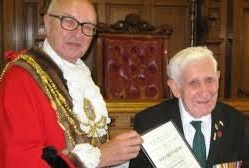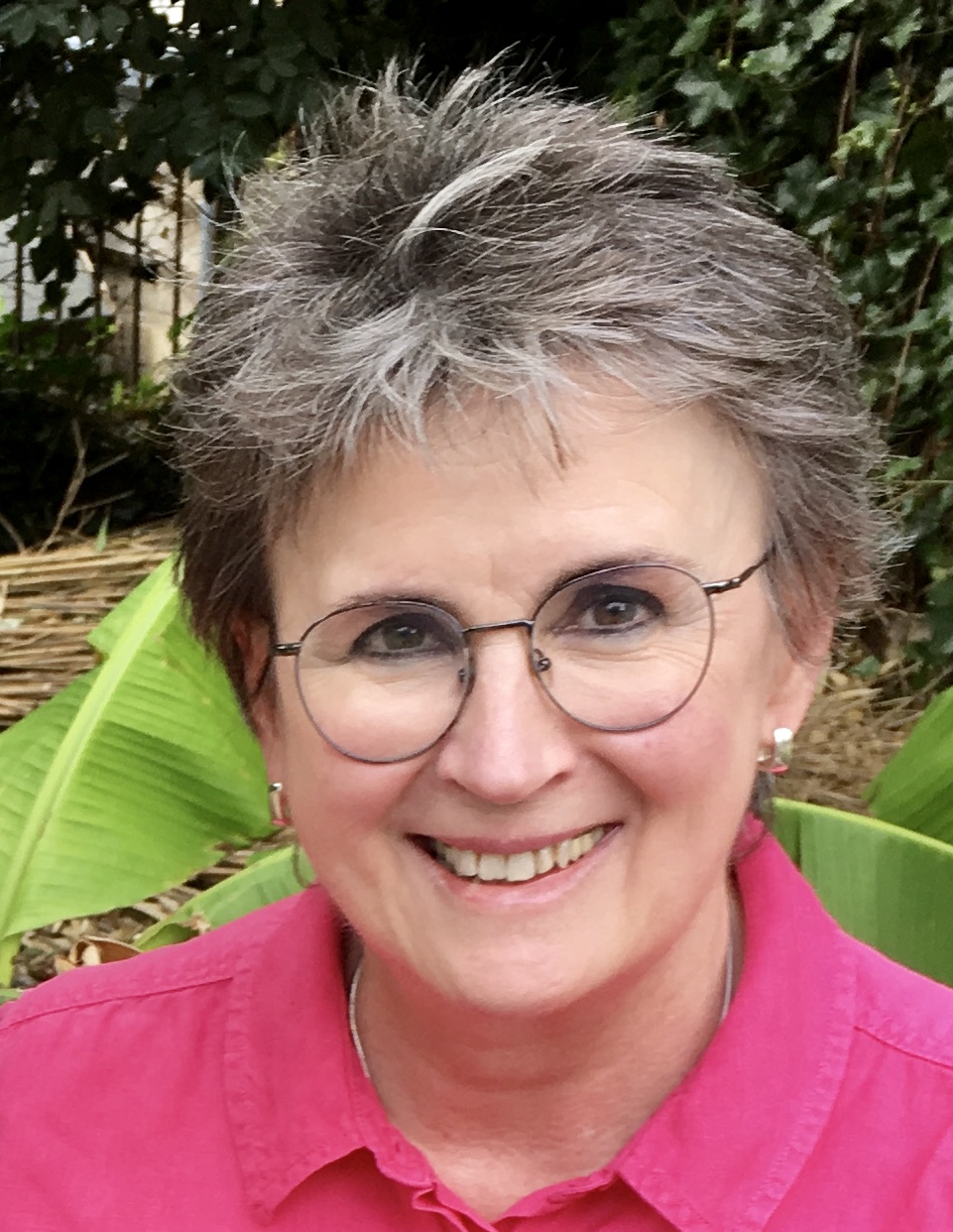Former Mayor, Brian Fitch is dead. It is hard to believe, as he seemed a force of nature.
Brian was one of the most effective political campaigners I have ever met. We joked that he could could whip up a campaign to save a local service everyone knew had never been at risk in the first place – and make people laugh while he did it.
He believed change was possible and worked hard to make it happen. He was a superb public speaker and, on his day, could not be bested in the cut and thrust of council debate.
He was proud to belong to a well-known Sussex family, prominent not because of birth, or inherited wealth, or exploitation of others in generations past, but because of political service over generations.
Most Fitch men were skilled workers and craftspeople. Brian’s father Stan served as a councillor, while his younger brothers, twins Rod and Reg, who pre-deceased him, were very involved in Labour politics, though far to the left of Brian. His uncle Reg was a well-respected local magistrate.
Local history was important to Brian. In old age, he remained a staunch member of Brighton and Hove’s blue plaque memorial panel. The last time I saw him ‘on duty’ was at the unveiling of the plaque for Rabindranath Tagore. Brian was very evidently frail, but it was lovely to be in his company and talk about old times.
Standing near to Brian, I greeted a young councillor, one who, though new to the city, was already in a position of considerable authority. I asked him if he knew Brian, thinking to introduce him if he didn’t. He smiled and said “No, no”, glancing at Brian and turning away, making it very clear he had no interest in this elderly man on a stick.
I tried again saying “He’s one of the Fitches. Have you heard of them.” He shook his head tolerantly and laughed. At that point I gave up, but I remember thinking that a council with no understanding of local history and local families would come to grief. As of course it did. Had councillors taken more account of the experience of people like Brian, the city would not be in the mess it is in.
Stan Fitch had four sons. I never met Keith, who survives his brothers, but I knew the other three. I met Brian first in the mid 1970s, when he came to fix our gutters.
My parents had just moved to the UK and had bought an old house with a half converted basement flat. Heavy snow one winter caused the ancient gutters over the outside toilet to crash down and it was Brian who came to replace them.
My father and I were intrigued by this man up a ladder, waving a hammer and talking about Labour politics. I think he was already a Labour councillor.
Years later, I was elected to serve St Peter’s, the same ward Brian’s father Stan had represented. Brian could not have been more supportive to me, and when I and others got into trouble for not paying our poll tax, and other political rebelliousness, eventually losing the Labour Whip, he remained unfailingly kind and courteous – through he clearly disagreed with us.
Council meetings at that time could be an ordeal, with insults and threats flying, but one bright spot in the evening would be Brian’s sometimes hilarious contributions, occasionally fuelled by a nip of something alcoholic hidden in the back row.

Brian supported Neil Kinnock, the then leader of the Labour Party, who was set on rooting out left-wingers in the party. Brian’s brothers Rod and Reg were close to the Militant Tendency, a Marxist organisation which Kinnock was determined to destroy. I still believe Kinnock was wrong, especially about the local Labour Party.
Militant included many principled supporters with a sincere respect for working class people and a deep commitment to the Labour movement. Rod and Reg Fitch, and his wife Jean, were examples of this.
Reg was the quiet twin, a family man, gentle and kindly, with an unusual sweetness of manner. I loved watching him at parties. Where others would become argumentative or sleepy in drink, Reg would sway gently back and forth, smiling beatifically, listening to others.
Rod on the other hand was more like Brian, charismatic, articulate and politically astute, always ambitious for change. All of them, in their different ways, raised people’s spirits.
In 1983, Rod stood as Labour candidate for Brighton Kemp Town and lost heavily. His political career never recovered and though he left Militant, he remained close to it and was expelled from the Labour Party.
Rod could have ‘re-invented’ himself, or turned on his comrades, but he never did. When we Labour councillors lost the Whip, he helped organise support in the local party and when, as a result, the local party itself was closed down, he helped set up the Friends of Brighton Labour Party, becoming its leader. That probably sealed his political fate.
Brian became one of the most successful Mayors of both Brighton Borough and Brighton and Hove city. He and his wife Norah were formidable fundraisers and superb ambassadors for the city. His track record as an elected councillor was second to none – as was the contribution of the Fitches as a family.
Despite these achievements, I think it a shame that Brian and his brother Rod never became Members of Parliament. I can’t help thinking that had they been professional rather than working men, they probably would have got there.
It is hard to believe all three are gone. The city’s loss is immeasurable.








